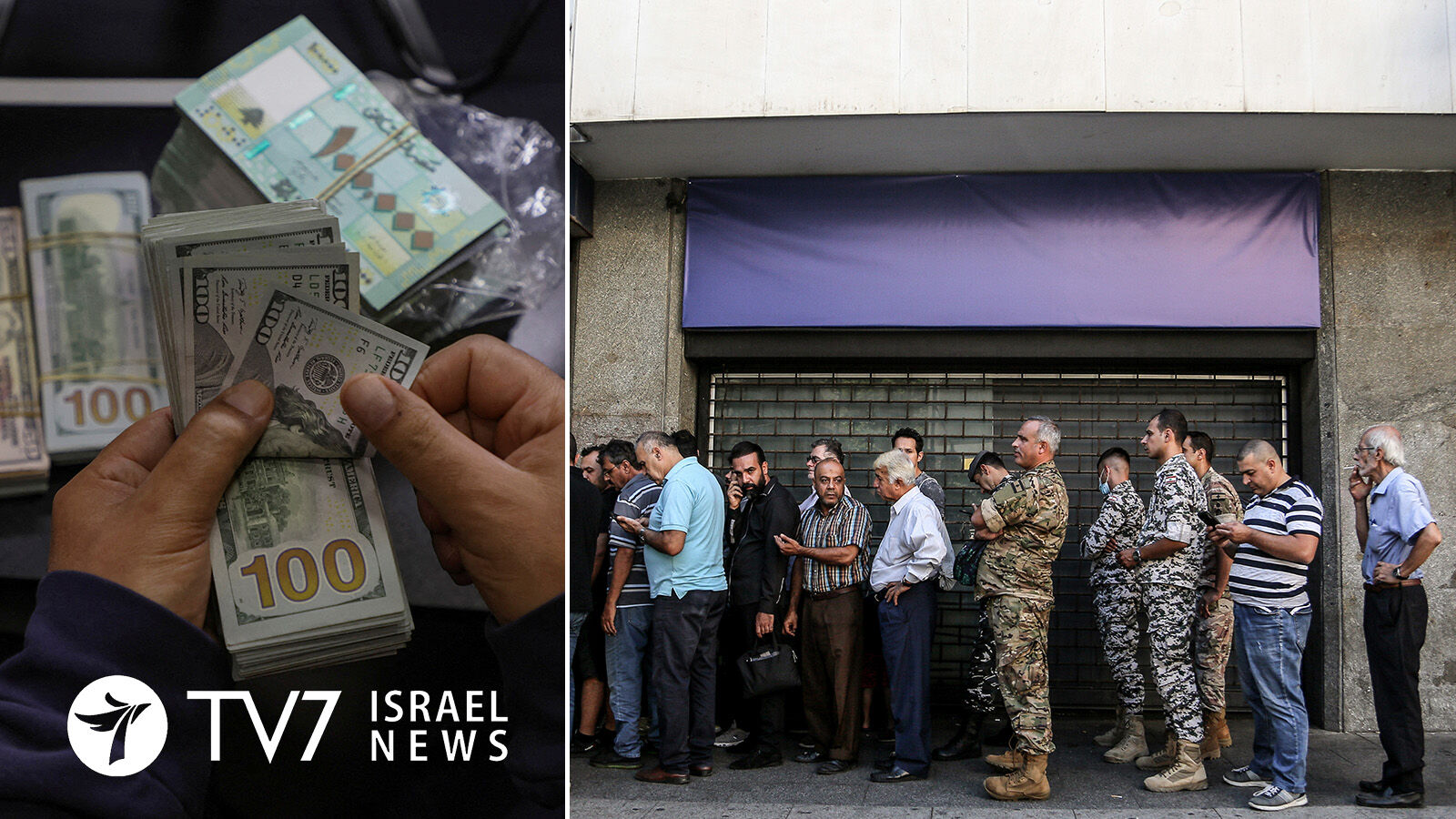The move comes amid the devastating economic meltdown in the Arab Republic.
By Erin Viner
Lebanon’s Central Bank Governor Riad Salameh announced that the country will adopt a new official exchange rate of .ل.ل. 15,000 pounds (per US dollar) – marking a stunning 90% devaluation from its current official rate – that has remained unchanged for a quarter century.
Lebanon’s economic crisis has impoverished more than three quarters of the population since erupting in 2019 when the country’s financial system collapsed under colossal state debts amid allegations of deep-rooted political corruption, in what is considered by many as the world’s worst national economic collapse in modern times
The shift from the old rate of 1,507 to 15,000 is still far off the parallel market, where the pound was being exchanged around 57,000 per dollar on Tuesday.
According to Salameh, the change will apply to banks, leading to a decrease in the equity of the institutions at the center of the country’s 2019 financial implosion. The pound has lost some 97% of its value since it began to split from the 1,507 rate that same year.
Market analysts believe the shift to have less impact on the wider economy, which is increasingly dollarized and where most trades take place according to the parallel market rate.
Salameh was cited by Reuters as saying that commercial banks in the country “will see the part of their equity that is in pound decrease once translated into dollars at 15,000 instead of 1,500.”
In order to ease the impact of this shift, banks will be given five years “to reconstitute the losses due to the devaluation,” he added.
The Bank Governor revealed that the change to 15,000 is a step towards unifying multiple exchange rates, in accordance with a draft agreement Lebanon reached with the International Monetary Fund (IMF) last year that set out conditions to unlock a $3 billion (about €2,755) bailout.
The IMF has favored an immediate unification of rates, calling on Beirut authorities to deal upfront with an estimated $70 billion (about €64.428) in financial sector losses – widely viewed as the result of decades of profligate spending, corruption and mismanagement. The government’s plans, however, propose a longer-term approach.
The IMF deal is widely seen as the only way for Lebanon to begin restoring confidence in its financial system and recover from the collapse.
The change in the exchange rate is nevertheless unlikely to ease one of the most debilitating aspects of the crisis for ordinary citizens to freely access their dollar savings. While capital controls have never formally been imposed in the impoverished country, over the past three years .
